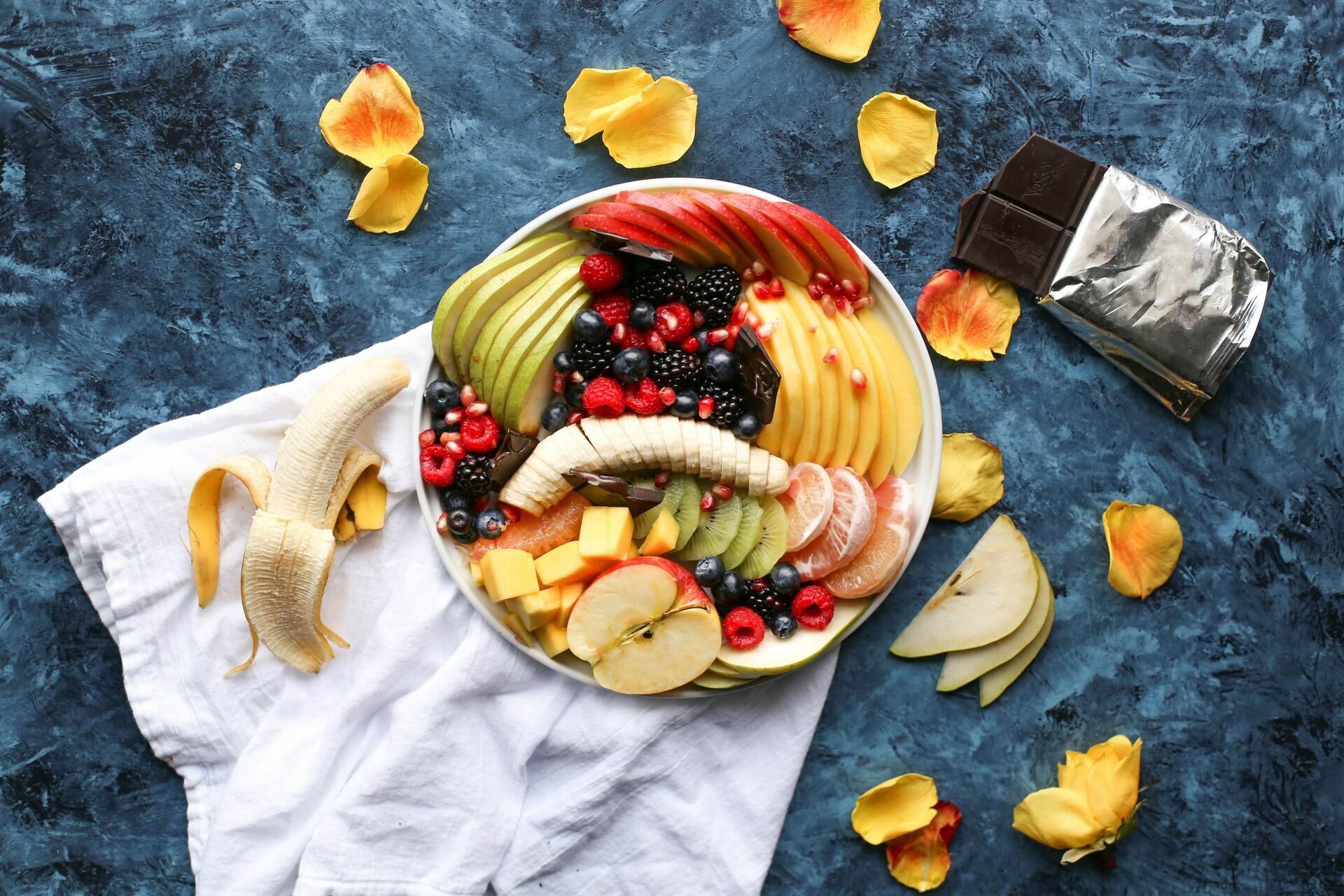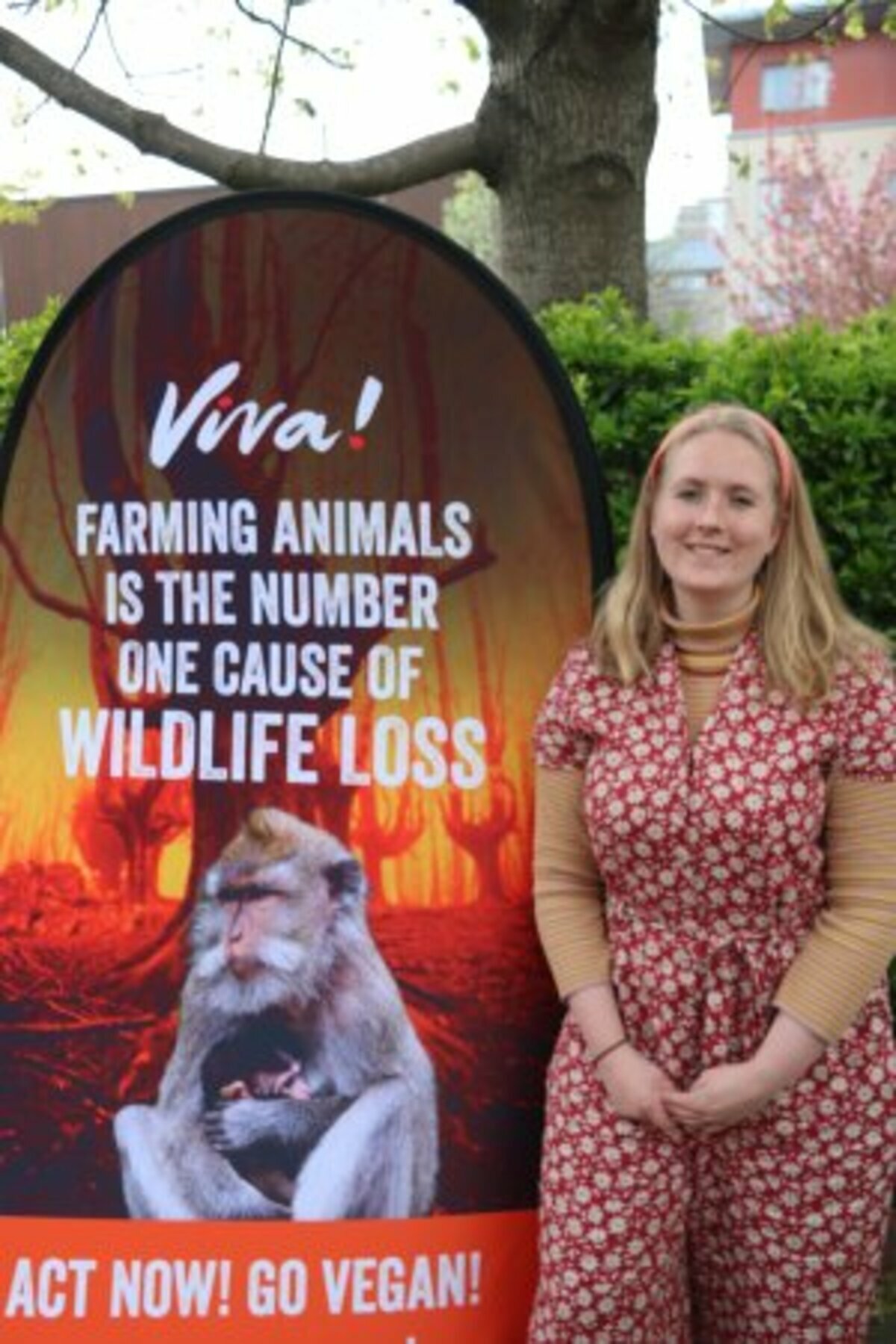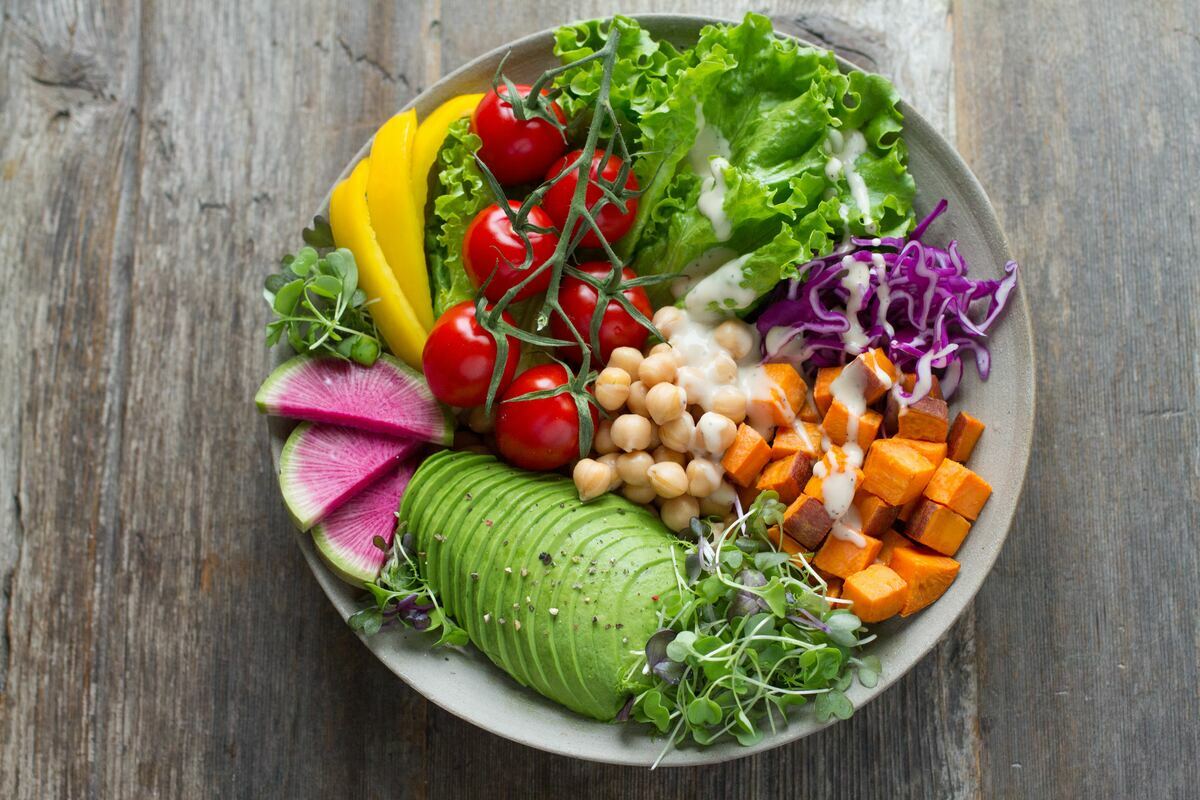
How Sustainable Is Vegan Diet? | Interview with Jasmine Clark
Recent studies have started to discuss if the vegan diet is not that sustainable. We asked Jasmine Clark, MSc from Viva! for her expertise.
Not every responsible-seeming habit we adopt is sustainable – at least some studies and articles have been revealing that for a while. A general scope on recycling and biodegradability, and dilemma of plastic use is on point; however, some focused on veganism either. In this regard, BBC have conducted an interactive discussion on the dilemma of the vegan diet: Seems like it can be not that green or sustainable. While some experts claim that the carbon emission caused by transportation, retail, and packaging of key nutrients in the vegan diet is unsustainable; waste and land use were also primary factors that are claimed in this sense. There, we directed our questions on that to Jasmine Clark, MSc from Viva!.
Founded in 1994, Vegetarians’ International Voice for Animals (Viva!) is a UK-based charity that works for vegan campaigning. The organization works on several areas like animals, the planet, health, and lifestyle. Jasmine Clark, MSc had her undergraduate degree in Environmental Science and master’s in Environment, Culture, and Society. As the environment campaigner at Viva!, Clark has been a part of Viva! since 2022. Here is an interesting interview with her on veganism and sustainability.

L: It is argued that being vegan is not that sustainable, due to the lack of capability of the global food system to fulfil the needs of a whole-vegan society in the future. Another argument comes as most of the key nutrients of the vegan diet like asparagus and blueberries cause a big portion of carbon emissions and energy use during the air transportation, retail, and packaging processes. How do you interpret these arguments and how being vegan is still the more sustainable diet for you?
JC: Animal agriculture is one of the leading causes of the climate crisis, being responsible for a fifth of all greenhouse gas emissions produced globally. The food miles argument needs to be taken with a pinch of salt; it’s only one factor to consider when it comes to climate intensity in the food system, alongside farming methods, processing, storing, cooking and disposing of food. What you eat is farm more important than where it came from.
To get a fuller picture you need to look at the overall carbon footprint of a food item which takes all the above into account. The carbon footprint of animal foods, such as meat, fish, dairy and eggs, are considerably higher than those of plant foods – regardless of where they come from. So, although a vegan product from abroad might have a higher transportation carbon intensity, than say UK beef, the overall footprint is still much lower. While it is best for us all to try and avoid food grown in hot-houses or air-freighted to the UK, studies have shown this will only reduce your food-related emissions by five per cent, whereas going vegan can halve your food-related greenhouse gas emissions.
We could sustainably feed everyone on the planet on a vegan diet – in fact it is the only way to sustainably feed a growing global population. Our current food system is broken; globally one in nine people in the world today are undernourished. Even though animal agriculture monopolises 83 per cent of our farmland globally, due to grazing land and crops to feed to farmed animals, it only produces 18 per cent of our calories. In fact, 43 per cent of our crops are used for animal feed instead of human consumption, closer to 60 per cent in the UK. This is an inefficient and wasteful system, which adds a needless additional step into the food chain by feeding food we could eat to farmed animals.
On the other end of the scale, diet related illnesses are on the rise with animal products being a major factor in causing heart disease, obesity, bowel cancer and some other cancers as well. A central pillar to sustainability is society, our food system needs to benefit both people and the planet. What we have now, this outdated reliance on animal agriculture, is failing across the board. A global switch to a diet that relies less on meat and more on fruit and vegetables could save eight million lives by 2050 and reduce greenhouse gas emissions by two thirds. We need to build a new system that supports the planet and people. This transition requires plant-based foods to lie at the heart of it.
Blueberries and asparagus are not exclusively eaten by vegans and are not associated with high food miles when eaten in season. If you want to avoid imported fruit and veg, you could obtain your nutrients from home-grown and frozen plant-based foods – frozen fruit and vegetables can be just as good and, in some cases, even better for you than fresh. The possibilities are endless! Take asparagus for example. It’s rich in vitamins A and C. Alternative sources include carrots, pumpkins and tomatoes (vitamin A) and strawberries, blackcurrants and broccoli (vitamin C). The basis of current diets is extremely narrow with the global adoption of a vegan diet will expand the crops we grow, and the sources we have for nutrients.
As stated above, if you want to consume plant-based products such as asparagus and blueberries, but want to make sure they are also having the lowest carbon footprint available, it’s recommended to only buy them when in they are in season in their country.

L: How can we reduce these mentioned problems with packaging, transportation, and retail of vegetables and fruits in the future to make the cruelty-free diet more sustainable?
JC: The above issues are not only found in vegan, cruelty-free diets – it’s connected to any food which is imported and requires packaging. This also includes a lot of the animal-based products we find on the supermarket shelves, including both the importation of the product itself and the crops grown to feed them. In the UK, for example, we could grow enough food to feed everyone if we were all vegan, but currently, we import around half the food we eat.
While plant-based food products tend to have a lower carbon footprint than animal products, if we want to reduce the transport emissions further, we need to free up land in the UK to be able to grow these crops. Given that farming for animal products takes up 81 per cent of the UK’s farmland, the only way to make more space for plant crops for human consumption, without destroying the limited nature spaces we have left, is to shift from animal agriculture to plant-based farming systems.
A key area that the whole food system can improve on to reduce carbon emissions is tackling food waste – however it’s important to note that meat and dairy score high in the list of wasted foods. For instance, it’s estimated that 20 per cent of all meat produced is wasted. We do need to tackle food waste, packaging and transport emissions, for climate and food security, but this can go hand in hand with fixing our broken food system through a transition to a more sustainable vegan diet.

L: Where do you place locally-grown vegetables and fruits in the journey to the sustainability of veganism? Do you think a reduced amount of air transportation would be a solution when progressing on sustainability or is there an alternative solution for you?
JC: In the hierarchy of choices, choosing locally grown fruit and vegetables while practicing a vegan diet has the least environmental impact compared to other diets.
Next would be to assure that if any products you eat are imported, you avoid air-freighted goods as much as possible.
However, if you are looking for the most effective way to reduce greenhouse gas emissions across the food system, the answer is to a transition away from animal products to veganism, regardless of how they are transported.
It is also important to note that greenhouse gas emissions aren’t the only environmental issue that needs to be considered when looking at how we eat. Even if a food product has a lower carbon footprint, land use, pollution, eutrophication and water use also need to be considered alongside the widespread destruction of wildlife and the loss of biodiversity – animal agriculture is the main driver of this disaster. The good news is that a study by researchers at looking at 38,000 farms, concluded that across the board, a vegan diet is the best diet for the planet. So, convinced was researcher Joseph Poore, that he went vegan himself!

Highlight Image:
Brenda Godinez © via Unsplash
Interview:
Tolga Rahmalaroglu
Luxiders Magazine Contributor








